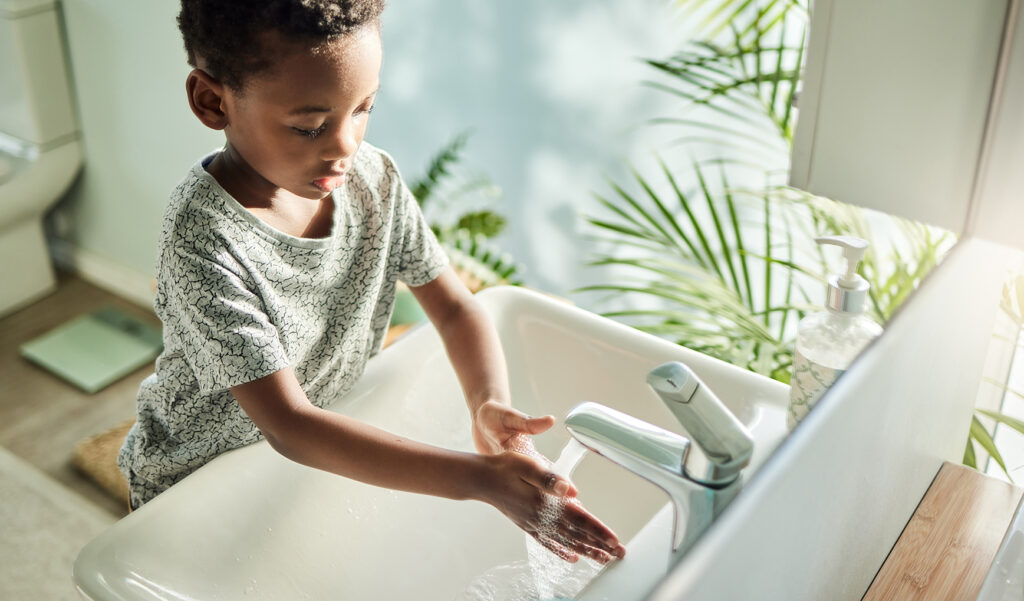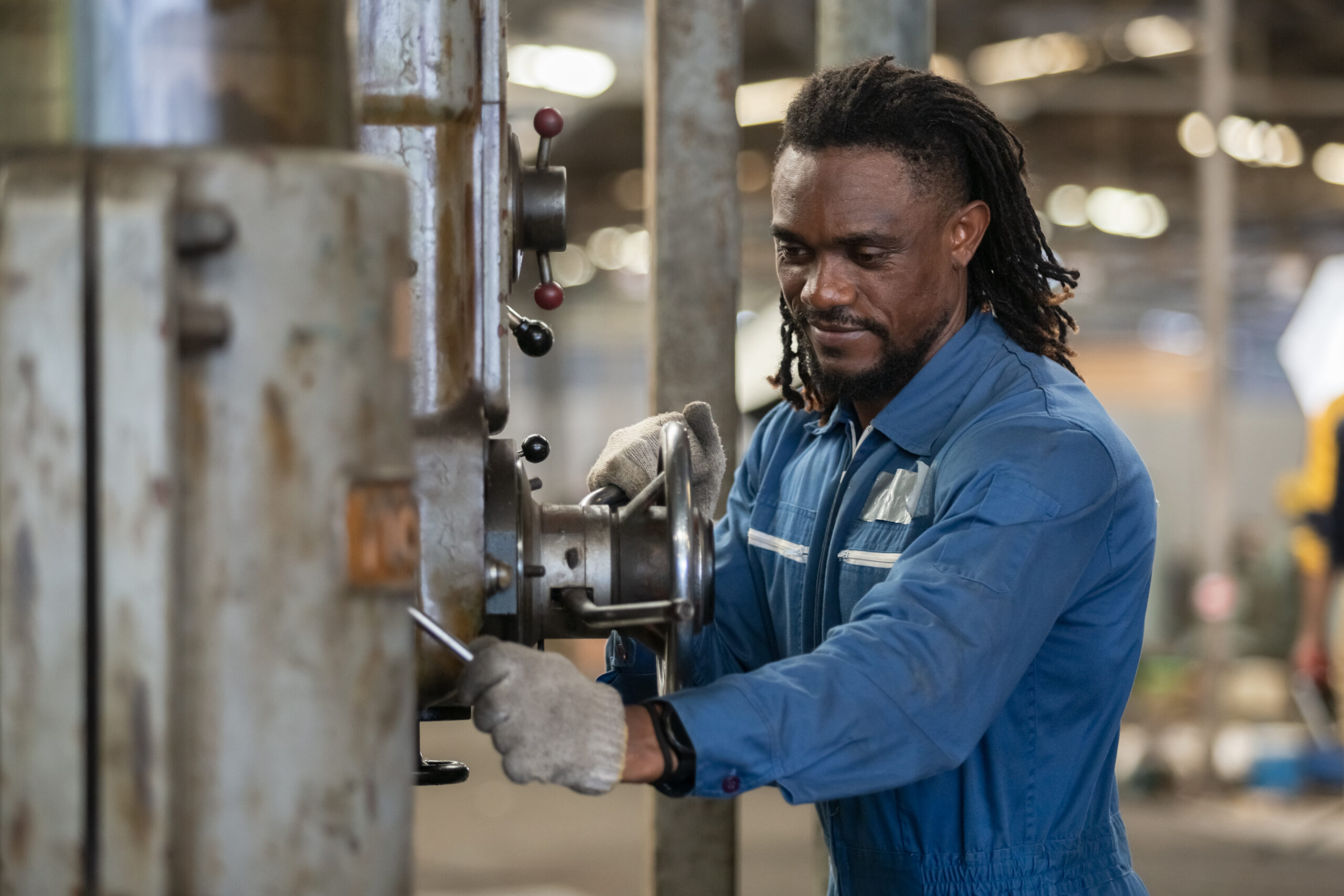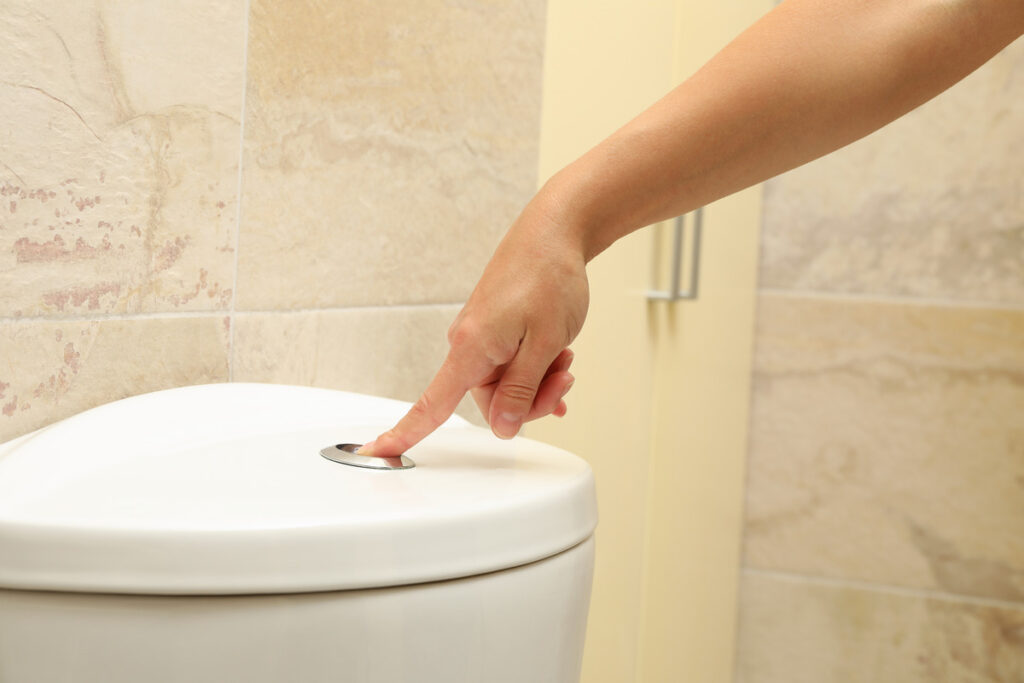The dreaded clogged toilet. We’ve all been there—facing the rising water with a plunger in hand and a sense of impending doom. While an occasional clog is a normal part of living with modern plumbing, recurring clogs? That’s an entirely different, and far more annoying, problem. If you find yourself plunging your toilet more often than you’d like, it’s a clear sign something bigger might be going on.
Don’t worry, though. By understanding the parts of a toilet tank and how to fix clogs, you can finally send your woes down the drain.
Common Causes of Toilet Clogs
Recurring clogs don’t just pop up out of nowhere. Here are the most frequent culprits and what you can do about them:
1. Flushing the Wrong Items
Let’s get one thing clear—your toilet is not a catch-all trash can. Sure, the flush mechanism seems powerful, but it’s designed with a specific job in mind. The only things you should flush are toilet paper and waste.
Here are a few common offenders that can wreak havoc in your pipes:
- “Flushable” Wipes: Despite the label, these wipes don’t break down as easily as toilet paper, causing blockages over time.
- Feminine Products: Tampons and pads are absorbent and expand in water, which is not ideal for plumbing.
- Too Much Toilet Paper: Even the most biodegradable paper can clog if you’re using an excessive amount in one go.
What to Do
- Stick to the basics. Never flush wipes, hygiene products, or paper towels.
- Have a waste bin handy in your bathroom for everything else.
2. Low-Flow Toilets
Low-flow toilets are energy- and water-efficient, but older models (especially those from the 1990s’ rollout era) often lack the pressure needed to push waste through your pipes effectively. If your toilet struggles to flush completely and clogs frequently, the low flow might be to blame.
What to Do
Upgrade to a newer low-flow model. Today’s designs strike the perfect balance between water efficiency and flushing power, so you’ll save on your water bill and avoid clogs.
3. Blocked or Damaged Pipes
Sometimes, the issue isn’t the toilet itself. Pipes can become blocked by debris, sediment, or even tree roots if they’ve invaded your plumbing system. Over time, these obstructions restrict water flow until the remaining space is too narrow for waste to pass through.
What to Do
If you suspect pipe blockage, a professional drain technician has the tools (like specialized cameras) to inspect and locate the exact problem.
4. Sewer Line Issues
Your toilet clog could be a symptom of a much larger problem—a sewer line backup. When the main sewer line connecting your home to the public system becomes blocked or damaged, water has nowhere to go. Instead, it can back up into toilets, showers, or sinks.
Some red flags include:
- Gurgling sounds from drains.
- Multiple fixtures clogging simultaneously.
- Foul odors in the bathroom and around your home.
What to Do
Sewer line issues are not a DIY fix. Call a professional immediately if you suspect this is the issue.
Preventing Toilet Clogs in the Future
The best way to deal with a clogged toilet is to prevent it from happening in the first place. Here are some tips to keep your plumbing in tip-top shape:
Regular Maintenance
Schedule regular plumbing checkups and cleanings to keep your system running smoothly. These proactive steps can prevent problems like blockages and damage to parts of a toilet tank, keeping you from unpleasant surprises.
Upgrading Old Fixtures
If your low-flow toilet or plumbing is the culprit, consider upgrading to modern fixtures. They’re more efficient, reliable, and environmentally friendly.
When Should You Call a Drain Expert?
Sometimes, plungers and home remedies just don’t cut it. Persistent clogs, unpleasant smells, or water rising in multiple fixtures are all clear signs that it’s time to call in the pros. Drain technicians bring the expertise and tools needed to tackle challenging plumbing problems safely and effectively.
Benefits of Hiring a Drain Technician
- Specialized Tools: From drain cameras to hydro-jetting equipment, professionals have the tools to diagnose and fix deep-seated clogs.
- Accurate Diagnoses: Professionals can pinpoint whether the issue is with your toilet, pipes, or even your sewer line.
- Long-Term Solutions: Rather than temporary fixes, professionals ensure your plumbing system is healthy for the long haul.
Say Goodbye to Toilet Troubles
Dealing with a clogged toilet is nobody’s idea of fun, but the good news is it’s a problem that can be solved. By understanding the parts of a toilet tank and what causes clogs, knowing when to call a professional drain technician, and adopting a few simple preventative habits, your bathroom habits can remain frustration-free.
If you’re facing recurring clogs or suspect a deeper issue, don’t wait—call the experts at Drain Tech today.



